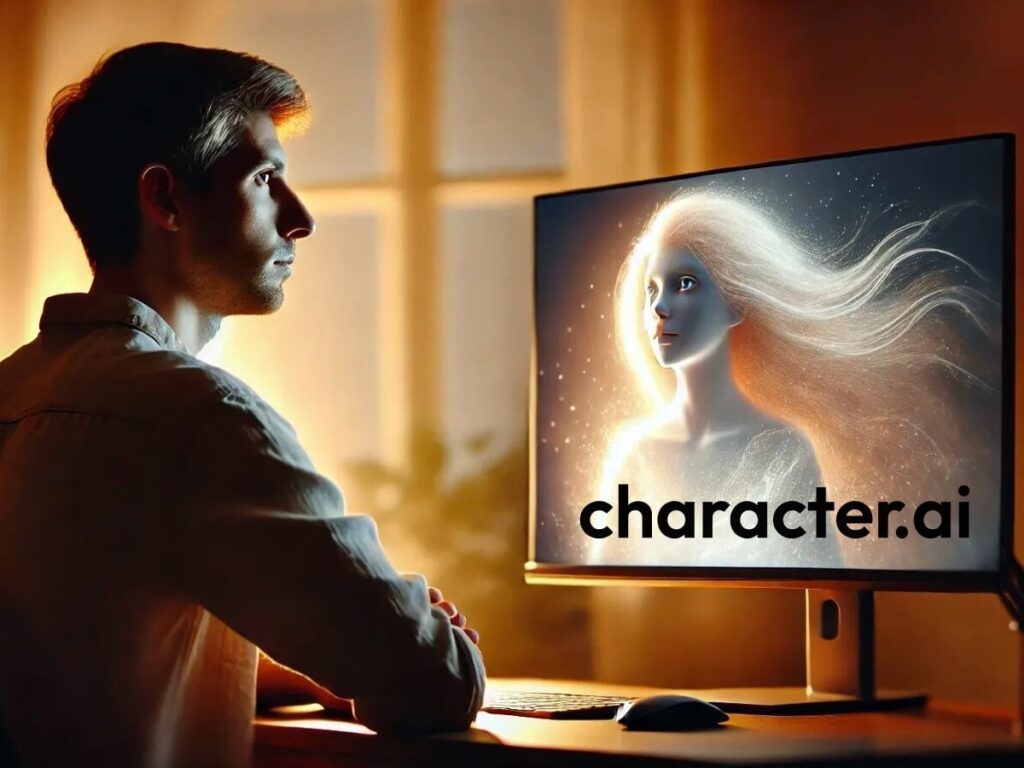Artificial Intelligence (AI) has significantly advanced in recent years, enabling the creation of highly realistic virtual characters. However, what adds a chilling layer to this technological marvel is the case of a young girl whose character was developed using AI, despite her having been murdered nearly 18 years ago. This revelation not only shocked her family but also raised important questions regarding the ethical implications of using AI to replicate the likeness of individuals, particularly those who are no longer living.
The Origins of the AI Character
Developed using sophisticated algorithms and extensive data sets, the virtual character was designed to mimic the girl’s real-life personality, speech patterns, and preferences. This process involved analyzing photographs, videos, and social media interactions to create a digital presence that feels strikingly authentic.
Implications for Digital Legacy
The creation of this character brings forth critical ethical considerations regarding the digital legacies of individuals. When a digital version of a person is created, especially one who has passed away, questions arise about consent, usage, and the impact on the memory of the deceased.
The Family’s Reaction
Upon learning about the existence of their daughter’s AI-generated likeness, the family expressed a mix of astonishment and concern. The emotional turmoil stems not only from the unexpected revival of their daughter’s memory but also from uncertainties regarding how such technologies might be employed in the future.
Support and Opposition
| Aspect | Support | Opposition |
|---|---|---|
| Emotional Connection | Allows families to cherish memories. | Can lead to exploitation or commercialization of images. |
| Technological Advancement | Showcases the capabilities of AI. | May blur lines between reality and imitation. |
| Ethical Concerns | Potential to celebrate the life of the deceased. | Issues of consent and moral rights. |
Legal Framework and Guidelines
As AI technology continues to develop, regulatory frameworks are needed to address the implications of creating likenesses of deceased individuals. Countries may need to establish guidelines to ensure that the rights of the deceased and their families are respected. Discussions around intellectual property, consent, and ethical use of personal data are becoming increasingly vital.
Future of AI in Memory
The potential for AI to recreate memories of individuals is both exciting and troubling. Future advancements in AI may lead to more convincing embodiments of deceased individuals, opening doors to virtual experiences, VR memorials, and even constant digital companionship, but caution and sensitivity will be essential.
Conclusion
The case of the AI-generated character of a girl who was murdered 18 years ago serves as a powerful reminder of the dual-edged sword that is technology. While AI has the potential to preserve memories and celebrate the lives of those we’ve lost, it also poses profound ethical and emotional challenges that society must confront. Striking a balance between innovation and respect for individual rights will be crucial as we forge ahead into this rapidly evolving digital landscape.
